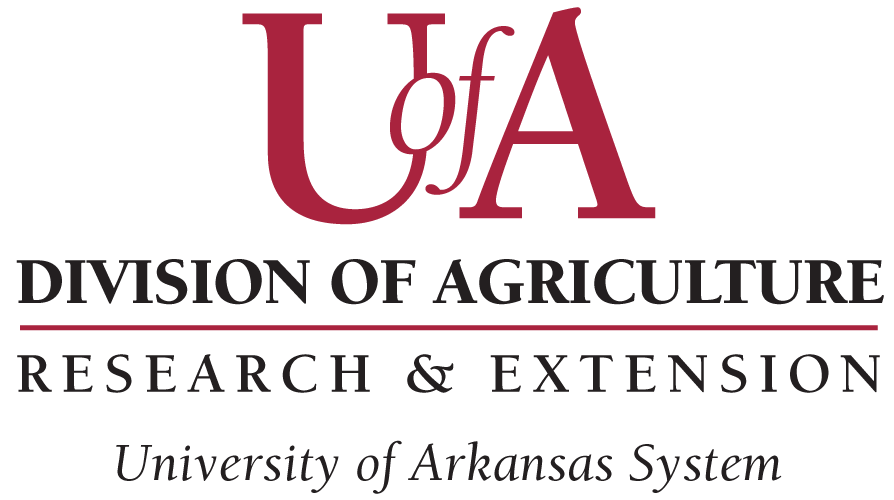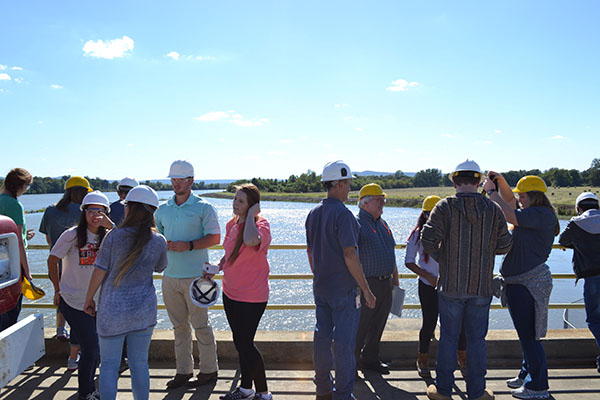Department of Biological & Agricultural Engineering
203 Engineering Hall
1 University of Arkansas
Fayetteville, AR 72701
Phone: (479) 575-2352
Fax: (479) 575-2846

ABET Accreditation

The undergraduate program in biological engineering, leading to the Bachelor of Science degree in Biological Engineering, is accredited by the Engineering Accreditation Commission of ABET, http://www.abet.org.
Program Educational Objectives
The faculty of the Biological Engineering program seeks to provide a challenging technical education in a safe, secure and inclusive learning environment that promotes a desire for service and prepares graduates to:
- Successfully practice engineering involving the design and management of sustainable water, food, energy and related biological systems,
- Make ethical, valuable and sustained contributions that benefit employers, communities, Arkansas and the world, and
- Succeed in graduate education or continuing professional development, as needed for professional growth and licensure.
Student Outcomes
In order to prepare graduates to attain our Educational Objective, the following student outcomes were defined:
- An ability to identify, formulate, and solve complex engineering problems by applying principles of engineering, science, and mathematics
- An ability to apply engineering design to produce solutions that meet specified needs with consideration of public health, safety, and welfare, as well as global, cultural, social, environmental, and economic factors
- An ability to communicate effectively with a range of audiences
- An ability to recognize ethical and professional responsibilities in engineering situations and make informed judgments, which must consider the impact of engineering solutions in global, economic, environmental, and societal contexts
- An ability to function effectively on a team whose members together provide leadership, create a collaborative and inclusive environment, establish goals, plan tasks, and meet objectives
- An ability to develop and conduct appropriate experimentation, analyze and interpret data, and use engineering judgment to draw conclusions
- An ability to acquire and apply new knowledge as needed, using appropriate learning strategies.
Constituents
-
Current Students
-
Graduates of the program
-
Employers of graduates
-
Faculty of the Department
Student Enrollment and Graduation Data
Retention and graduation data presented in the linked tables is for first time, full time, new freshmen cohorts who enter the College of Engineering in the fall of the reported year. All new freshmen are enrolled in a common first year experience and do not declare a major until mid-way through the spring semester of their freshman year. The College of Engineering table tracks cohorts over a six- year period for the entire college. The Department of Biological and Agricultural Engineering table tracks retention and graduation rates for a five year period, starting when those new freshmen join the department in their sophomore year.
Data on total enrollments by year and total graduates by year is presented here. This student data includes transfer and part-time students who are enrolled in the program.